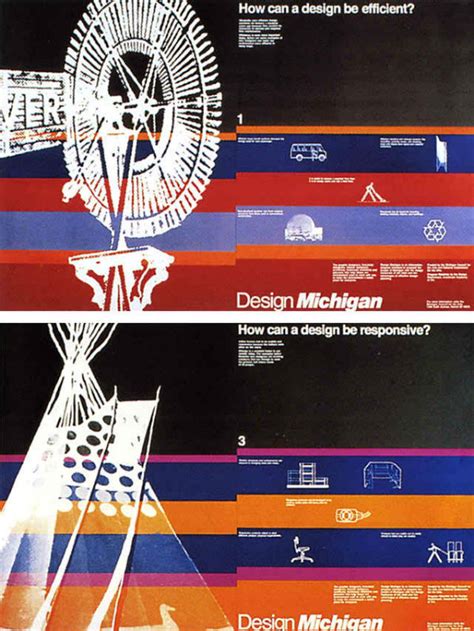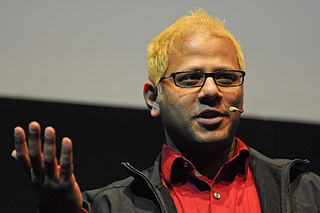A Quote by Carly Fiorina
The goal is to turn data into information, and information into insight.
Quote Topics
Related Quotes
Data isn't information. ... Information, unlike data, is useful. While there's a gulf between data and information, there's a wide ocean between information and knowledge. What turns the gears in our brains isn't information, but ideas, inventions, and inspiration. Knowledge-not information-implies understanding. And beyond knowledge lies what we should be seeking: wisdom.
There is so much information that our ability to focus on any piece of it is interrupted by other information, so that we bathe in information but hardly absorb or analyse it. Data are interrupted by other data before we've thought about the first round, and contemplating three streams of data at once may be a way to think about none of them.
Students and scholars of all kinds and of every age aim, as a rule, only at information, not insight. They make it a point of honour to have information about everything, every stone, plant, battle, or experiment and about all books, collectively and individually. It never occurs to them that information is merely a means to insight, but in itself is of little or no value.
We have to remember that information sharing is restricted by legal barriers and cultural barriers and by the notion that information is power and therefore should be hoarded so if you share information you can extract something in exchange. In today's digital online world, those who don't share information will be isolated and left behind. We need the data of other countries to connect the dots.
Such compression of large amounts of information into a few exformation-rich macrostates with small quantities of nominal information are not only intelligent: they are very beautiful: yes, even sexy. Seing a jumble of confused data and shreds of rote learning compressed into a concise, clear message can be a real turn-on.

































